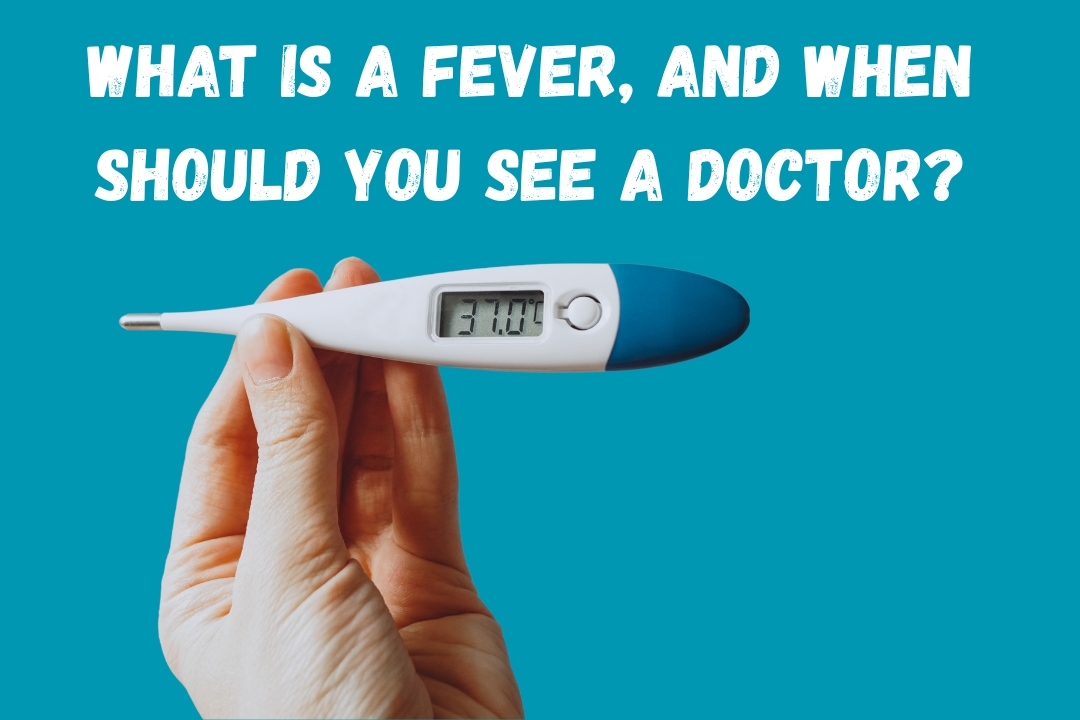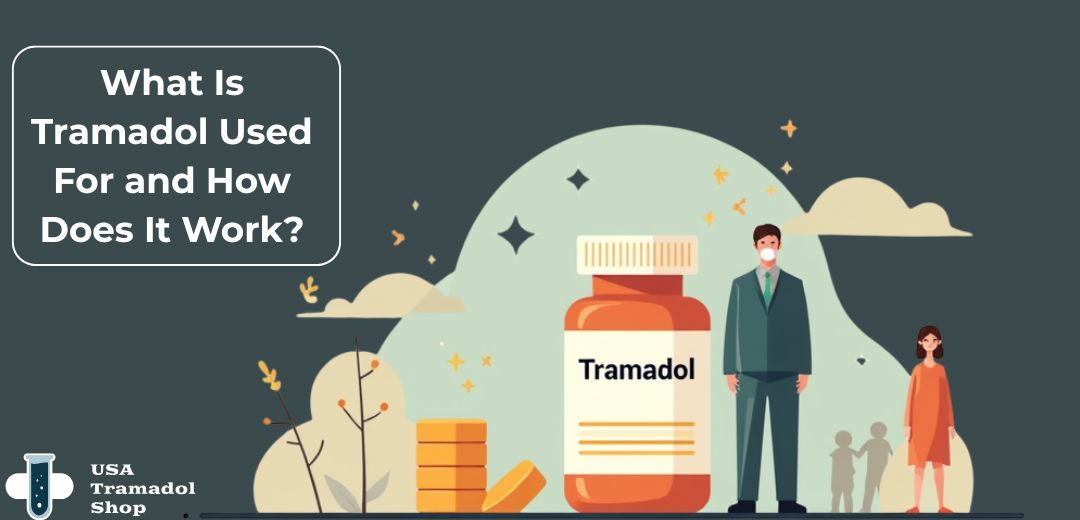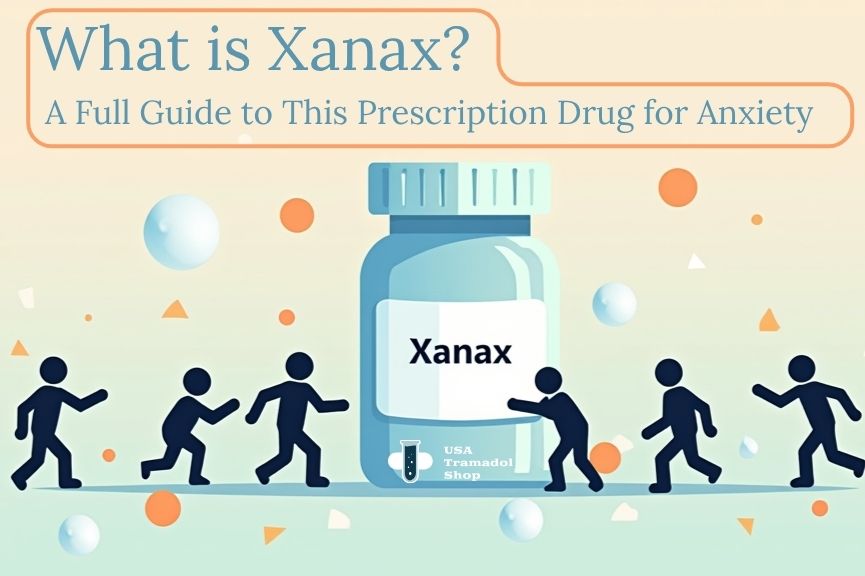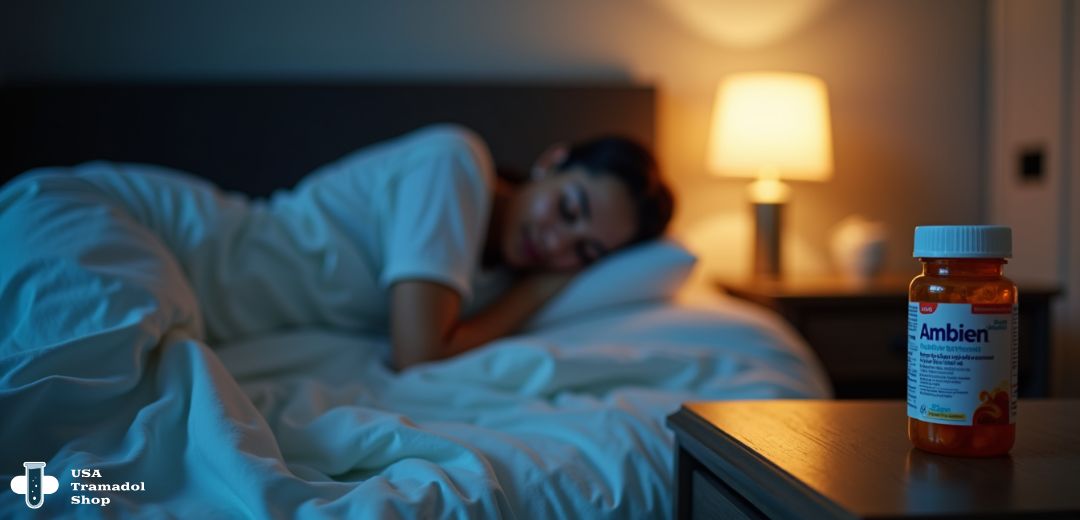What is Ambien and How Does It Work? A Comprehensive Guide

Dr. Json Patel, MD
What is Ambien?
Ambien, also known by its generic name zolpidem , is a prescription medication that belongs to a class of drugs called sedative-hypnotics. It is commonly prescribed to treat insomnia, particularly in patients who have difficulty falling asleep or staying asleep. Ambien works by affecting the chemicals in the brain that may be imbalanced in people with sleep disorders. It is known for its effectiveness in promoting sleep quickly and helping individuals maintain a consistent sleep cycle.
In this article, we will explore what Ambien is, how it works, its uses, side effects, and other essential details to understand about this medication.
How Does Ambien Work?
Ambien works by changing how the brain’s GABA (gamma-aminobutyric acid) receptors work. GABA is a neurotransmitter that stops activity in the brain and helps calm it down. Ambien helps you fall asleep faster and makes you feel sleepier by boosting the effects of GABA. Ambien is a benzodiazepine receptor agonist because it attaches to certain parts of the GABA receptors.
Ambien quickly enters the bloodstream after being taken, and it usually starts to work within 15 to 30 minutes. This quick start of action makes it a good choice for people who have trouble falling asleep. Ambien works for a short time, which means it can help people fall asleep but not necessarily keep them asleep all night.
Uses of Ambien
Ambien is mostly used to help people who have trouble sleeping for a short time. Here are some common ways to use this drug:
- Sleep Onset Insomnia
Most people who are given Ambien have trouble falling asleep. It works quickly, which helps them fall asleep faster, especially when other sleep aids don’t work. - Sleep Maintenance Insomnia
Most people use Ambien to help them fall asleep, but some people may also find it helpful for staying asleep all night. But Ambien’s short duration of action might not work for everyone. - Short-Term Sleep Issues
Because of the risk of becoming dependent on it, doctors usually only give Ambien for a short time. It is not usually recommended for treating insomnia over the long term.
How to Take Ambien
Most of the time, people take Ambien in the form of a tablet, either 5 mg or 10 mg. Ambien works quickly, so it’s best to take it right before bed and only when you’re ready to sleep.
Dosage Instructions
- For adults: The recommended dose is 10 mg for most patients.
- For older adults or those with liver issues: A lower dose of 5 mg is typically prescribed to reduce the risk of side effects.
- The maximum dosage : Should not exceed 10 mg per night.
Important: You shouldn’t take Ambien for more than 7 to 10 days at a time. Always do what your doctor says and never take more than the dose they tell you to.
Side Effects of Ambien
Ambien is usually safe to use as directed, but it can cause problems for some people. These side effects can range from mild to severe, so it’s important to know about them.
Common Side Effects
- Drowsiness
- Dizziness
- Headache
- Nausea
- Memory problems
Serious Side Effects
- Sleepwalking
- Engaging in activities while asleep (e.g., driving, eating, having sex)
- Mental health changes (depression, mood swings)
- Respiratory problems
Get medical help right away if you have any of these serious side effects.
Risks and Precautions
Ambien can help with sleep problems, but you should be careful when you take it because it can lead to dependence, misuse, and other problems. Here are some things to keep in mind:
Risk of Dependence
If you take Ambien for a long time, it could make you physically and mentally dependent on it. You shouldn’t use it for a long time unless your doctor tells you to.
Alcohol Use
Combining Ambien with alcohol is never a good idea because it can make both drugs more sedative, which can cause dangerous side effects like memory loss, impaired motor function, and overdose.
Driving and Operating Machinery
Ambien can make it harder for you to drive or use machinery. You should stay away from these things until you know how the medicine affects you.
Pregnancy and Breastfeeding
It is not safe to take Ambien while pregnant, especially in the third trimester, because it could hurt the baby. If you are breastfeeding, talk to your doctor before taking Ambien because the drug may get into your breast milk.
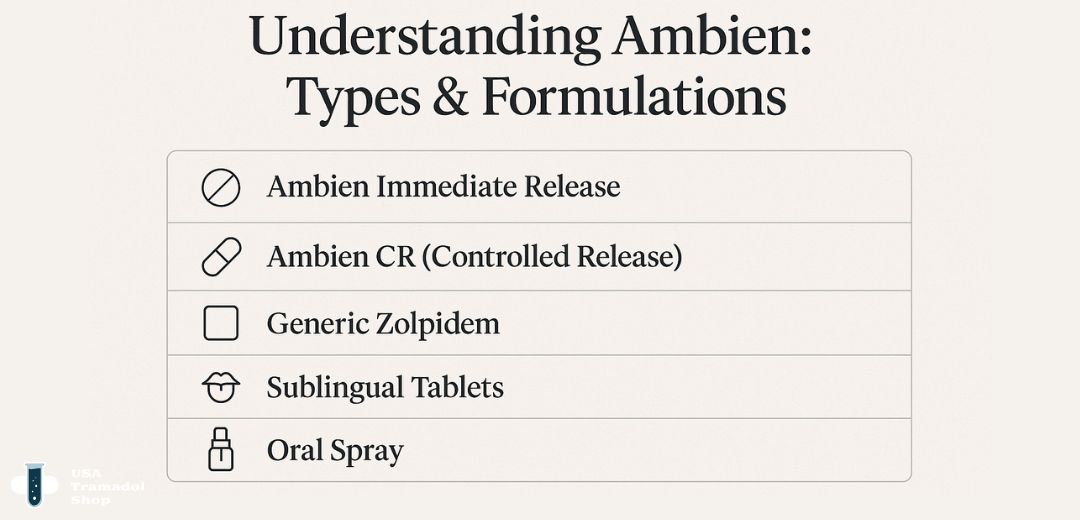
Ambien vs. Other Sleep Aids
There are many options for treating insomnia besides Ambien, both prescription and over-the-counter. Here is a comparison of Ambien with other common sleep aids:
| Medication | Type | Onset of Action | Duration of Effect | Risk of Dependence |
|---|---|---|---|---|
| Ambien | Prescription | 15-30 minutes | Short (4-6 hours) | Moderate |
| Melatonin | Over-the-counter | 30 minutes | Short | Low |
| Xanax | Prescription | 15-30 minutes | 6-8 hours | High |
| Benadryl | Over-the-counter | 30 minutes | Short | Low |
Ambien works well for short-term insomnia, but some people may prefer over-the-counter options like melatonin , which are usually less strong and have a lower risk of addiction.
Conclusion
Many people use Ambien to help them sleep. It works on the brain’s GABA receptors to help people fall asleep faster by making them feel more relaxed and sleepy. But it’s important to only take Ambien as directed because it can cause side effects, addiction, and abuse. Talk to a doctor if you or someone you care about is having trouble sleeping to find out if Ambien or another treatment is the best choice.
FAQs
Sources
5 sources- Zolpidem may cause serious or possibly life-threatening sleep behaviors. Some people who took zolpidem got out of bed and drove their cars, prepared and ate food, had sex, made phone calls, sleep-walked, or were involved in other activities while not fully awake.Source link
- Gamma-aminobutyric acid (GABA) is a chemical compound found in the brain that acts as an inhibitory transmitter in the central nervous system.Source link
- Insomnia: Symptoms, Causes, and TreatmentsSource link
- Zolpidem is used to treat insomnia (trouble sleeping). It belongs to the group of medicines called central nervous system (CNS) depressants, which slows down the nervous system. Zolpidem will help you get to sleep faster and sleep throughout the night. In most cases, sleep medicines should only be used for short periods of time, such as 1 or 2 days, and for no longer than 1 or 2 weeks.Source link
- Melatonin: Usage, Side Effects, and SafetySource link



